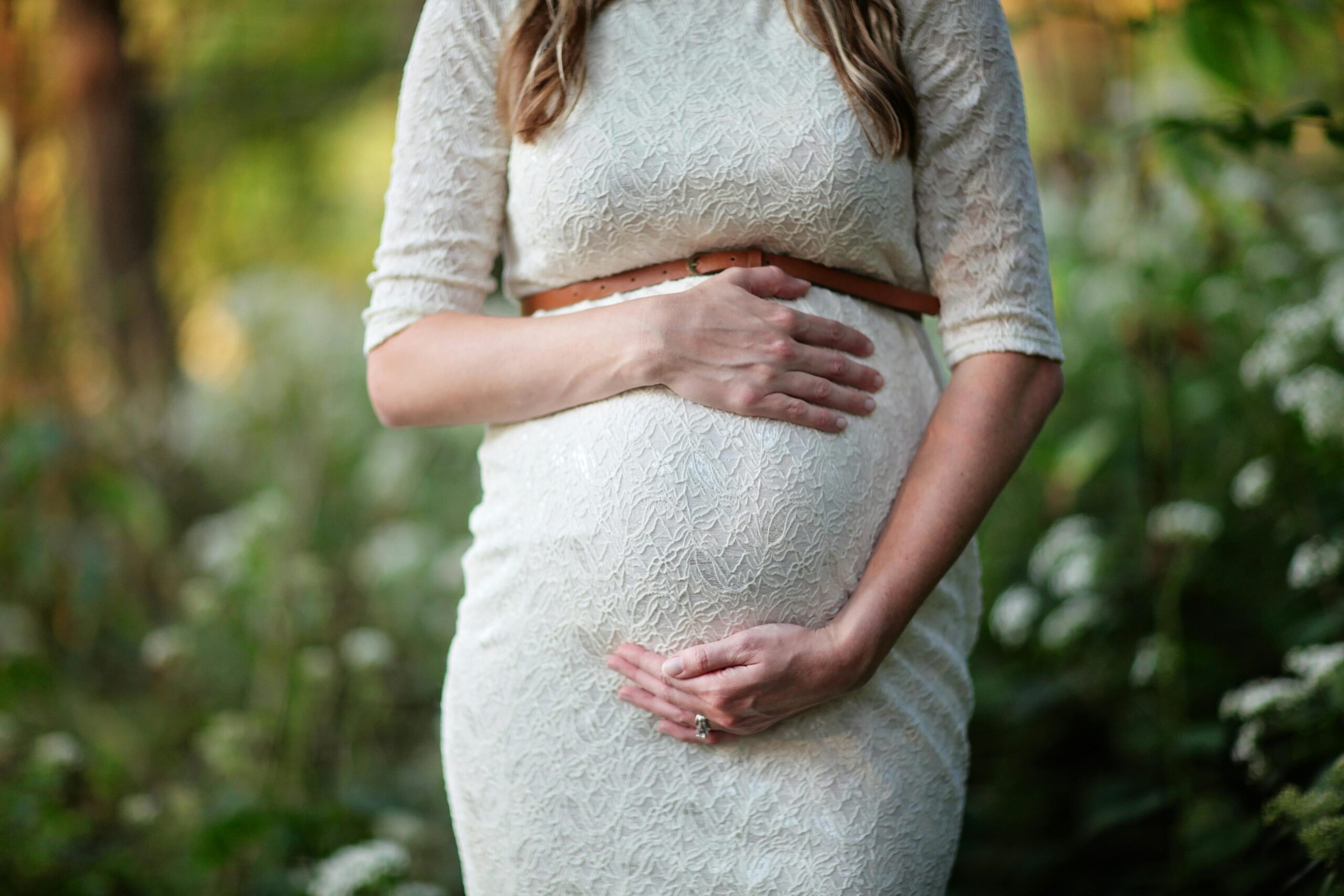Can You Have Postpartum After Abortion?
Postpartum depression is often linked to childbirth, but many women wonder, “Can you have postpartum after abortion?” The answer is more complex than most realize. While the term “postpartum depression” refers specifically to depression following childbirth, emotional health issues, including post abortion depression, can occur after pregnancy loss. Understanding the psychological and emotional impact of abortion is essential for both individuals and healthcare providers.

Understanding Abortion and Emotional Health
An abortion procedure, whether due to medical reasons or personal choice, can have a profound impact on a woman’s life. For many women, the emotions following pregnancy termination may include sadness, guilt, and anxiety. These feelings can be similar to those experienced after childbirth, leading to post abortion depression.
Post Abortion Depression: Is It Real?
Yes, post abortion depression is real. While not officially classified like postpartum depression, it shares similar emotional symptoms. Women may experience:
Persistent sadness
Anxiety disorders
Loss of interest in activities
Difficulty concentrating
Changes in appetite and sleep
Hormonal Changes and Abortion
Hormonal shifts occur during and after pregnancy, including induced abortion. These hormonal changes can trigger depression and anxiety disorders. Just like after childbirth, these changes can affect mental health and lead to emotional distress.

Post Abortion Stress Syndrome
Some individuals develop post abortion stress syndrome (PASS), a term used to describe the emotional and psychological struggles after an abortion procedure. PASS is not a formal diagnosis, but it highlights the psychological impact of abortion. Symptoms include:
Negative emotions like guilt, shame, or regret
Persistent anxiety
Episodes of depression
Flashbacks or intrusive thoughts
Risk Factors for Post Abortion Depression
Several factors increase the likelihood of experiencing post abortion depression:
Previous history of mental health disorders
Lack of emotional support or a support group
Unresolved feelings about the pregnancy termination
Hormonal changes
Young women or individuals with limited social support
Mental Health Issues After Abortion
Mental health problems can arise after an abortion, particularly for those with a history of anxiety or major depression. Studies show higher risk of psychiatric disorders and post traumatic stress disorder following abortion, especially when combined with previous pregnancy loss or high risk pregnancies.
Pregnancy Loss and Emotional Impact
Pregnancy loss, whether from spontaneous abortion (miscarriage) or induced abortion, can lead to significant emotional struggles. Many women experience grief, much like they would after a death in the family. Previous pregnancy loss can compound this grief, increasing anxiety and depression rates.
Comparing Postpartum Depression and Post Abortion Depression
While postpartum depression is widely discussed, post abortion depression often receives less attention. Both conditions involve:
Hormonal changes
Emotional and psychological responses to pregnancy loss
High prevalence of depression and anxiety disorders
However, societal stigma around abortion can prevent individuals from seeking emotional support.
The Role of Emotional Support and Support Groups
Finding emotional support is critical. A support group can provide a safe space for women to share their experiences and feelings without judgment. Talking to family members, a healthcare provider, or others who have faced similar situations can ease emotional distress.
Depression Screening Tools and Mental Health Care
Healthcare providers often use depression screening tools to assess mental health after pregnancy loss. If symptoms of post abortion depression or major depression are present, seeking medical attention is vital. Early intervention can prevent worsening mental health problems.
Anxiety and Abortion: A Close Link
Anxiety and anxiety disorders are common after abortion procedures. Some women report panic attacks, excessive worry, or emotional symptoms like restlessness. These symptoms often require therapy or counseling to manage effectively.
Risk Factors for Mental Health Disorders
Certain risk factors make some women more likely to experience mental health disorders after abortion:
Previous history of depression or anxiety
Limited emotional support
Conflicting emotions about the decision
Personal factors like age or socioeconomic status
Other factors such as a lack of access to mental health care
Support Groups for Mental Health Recovery
Joining a support group can significantly help women process their emotions. Groups provide connection, validation, and emotional support. Family members and friends can also play a vital role in recovery by offering a safe space to talk about feelings.
Post Abortion Syndrome: What to Know
Post abortion syndrome is another term used to describe the psychological impact of abortion. While it is not officially recognized as a psychiatric disorder, it underscores the need for better awareness of post abortion mental health care.
Addressing Mental Health Problems in Young Women
Young women may face unique challenges following abortion. Planned Parenthood and similar organizations emphasize the importance of counseling and emotional support to safeguard women’s health.
The Role of Healthcare Providers
Healthcare providers play a critical role in addressing mental health issues after pregnancy termination. By using depression screening tools and offering resources, they can guide individuals toward recovery.
Emotional Health and Future Pregnancy
Addressing post abortion depression is essential for long-term emotional health. Left untreated, it can affect a future pregnancy and contribute to postnatal depression.
Systematic Reviews and Studies
Research, including systematic reviews and cross sectional studies, highlights the higher risk of mental health disorders after abortion compared to the general population. One cohort study in the Br J Psychiatry noted that depression rates were considerably higher among individuals with a history of pregnancy loss.
Moving Forward: Seeking Help
If you or someone you know is struggling after an abortion procedure, reaching out for help is crucial. Whether through therapy, a support group, or speaking with a trusted healthcare provider, support is available.

Conclusion
Can you have postpartum after abortion? While the term postpartum traditionally applies to childbirth, the psychological impact of pregnancy loss, including induced abortion, can mirror symptoms of postpartum depression. Women experiencing post abortion depression or anxiety should seek emotional support and professional care. Addressing mental health early can lead to improved emotional well-being and healthier outcomes in women’s lives. Visit SAMHSA or contact us today for more information.










